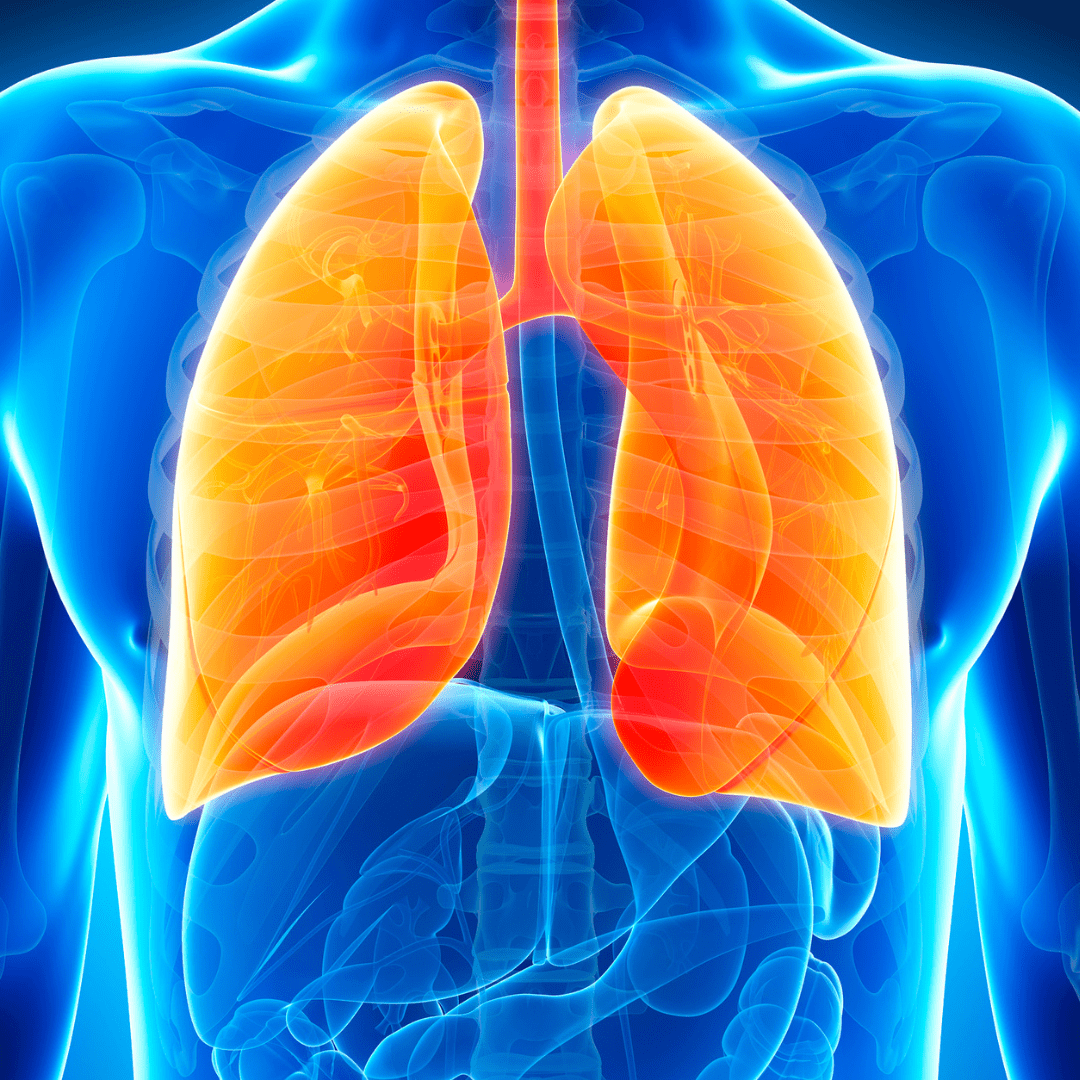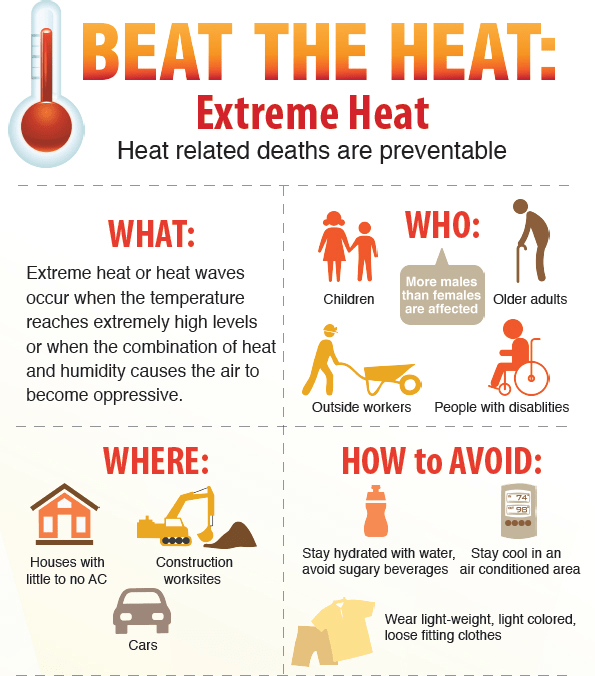

Extreme Weather: Heat
Read important guidance on staying safe during hot weather provided by the Person Centered Services Clinical Team.
Many people have debilitating conditions and chronic diseases that can become detrimental to their health in times of extreme heat. Major conditions that can be affected by the heat are lung conditions and heart conditions.
Care Coordinators, Clinical Advisors, people with intellectual and developmental disabilities, and their families should keep in mind the medical conditions that can be or are affected by hot weather.
If you are person supported by Person Centered Services, please reach out to your Care Coordinator if you have any concerns related to heat!

Diagnoses to keep in mind include, but are not limited to:
Lung Conditions
-COPD
-Pneumonia
-Asthma
-Emphysema
-Lung cancer
-Cystic fibrosis (chronic lung secretions)
Heart Conditions:
-Angina (chest pain)/history of heart attacks
-Coronary artery disease
-Cardiovascular disease
-Heart disease
It is important to understand that heat can affect and even exacerbate the above conditions.
Heat Exhaustion
A major problem to be aware of is heat exhaustion. Heat exhaustion is a condition that happens when your body overheats. Symptoms may include heavy sweating and a rapid pulse. Heat exhaustion is one of three heat-related illnesses, with heat cramps being the mildest and heatstroke being the most serious.
Causes of heat illness include exposure to high temperatures, particularly when there is also high humidity and strenuous physical activity. Without prompt treatment, heat exhaustion can lead to heatstroke, a life-threatening condition. Fortunately, heat exhaustion is preventable.
Symptoms of heat exhaustion may start suddenly or progress over time, especially with prolonged periods of exercise. Possible heat exhaustion symptoms include:
-Cool, moist skin with goose bumps when in the heat.
-Heavy sweating.
-Faintness, dizziness, or fatigue.
-Weak, rapid pulse.
-Low blood pressure upon standing.
-Muscle cramps.
-Nausea.
-Headache.

Infographic from the Centers for Disease Control and Prevention (CDC)
If you think you have heat exhaustion:
-Stop all activity and rest.
-Move to a cooler place.
-Drink cool water or sports drinks.
-Contact your doctor if your symptoms get worse or they don’t improve within one hour.
If you’re with someone who has heat exhaustion, seek immediate medical help if they become confused or distressed, lose consciousness, or are unable to drink. If their core body temperature reaches 104 F (40 C) or higher, they need immediate cooling and urgent medical attention.
Things we can do to help prevent this:
-Assuring access to fresh water.
-Availability of air conditioning.
-Limit activity outside.
-If activity is warranted, taking frequent breaks and staying hydrated.
-Avoiding alcohol consumption.
-Dressing appropriately, wear loose-fitting, lightweight clothing.
-Apply sunscreen if outside.
